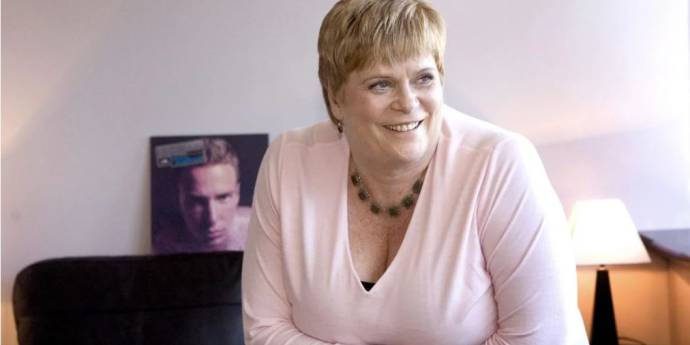Geneva-bound director sings CDC praises
Marc Rivers shares how he found the Institute of Directors Company Directors’ Course a valuable experience.

A woman who has worn many hats, Glenda Hughes MInstD has had a full and varied career including as a policewoman, communications professional and broadcaster. She was a competitive shot put champion who competed in the 1982 Commonwealth Games in Brisbane. Bringing her media expertise to the table, she was acting chief of staff to Sir Bill English and cites communications, risk management, crisis management and employment relations in social, government, sporting and corporate environments as her specialty governance areas.
Her skillset has since led her to a number of board roles. She sits on the National Army Museum Trust, Tapu Te Ranga, Kids Can, and is the chair of Pet Refuge. Glenda is a former chair of the New Zealand Racing Board and New Zealand Racing Integrity Board, as well as having served on the Parole Board and the National Party Board.
This week, we find out more about a New Zealand book that’s activating her strategic governance muscle.
I recently read Policy-making Under Pressure: Rethinking the Policy Process in Aotearoa New Zeland edited by Sonia Mazey and Jeremy Richardson.
It is easy to read and each chapter is a read alone, fully informative section.
The quality and practical knowledge of the contributors, economist Dr Brian Easton, political insider Wayne Eagleson, former prime minister Sir Bill English, former politician the Hon David Cunliffe and professor Sir Peter Gluckman attracted me to this book, and I was not disappointed.
The practical approach taken by all of the contributors and the evidenced examples used to demonstrate the points made.
The chapter by Wayne Eagleson, “The role of the Prime Minister's Office in the Policy Process”, focuses on the rules and standing orders we fall back on to run meetings that are no longer completely fit for purpose, and need to be supported by informal processes and communications.
Wayne was chief of staff for a decade under Prime Minister John Key and, subsequently, Prime Minister Bill English. He has generously shared the importance of getting the communications right between all the parties involved and what it takes to get there.
This chapter successfully identifies the common sense things that work when trying to get a cohort of different personalities to come together. The importance of addressing the concerns and issues with all parties prior to bringing the final paper to the boardroom or, in this case, the cabinet, without predetermining the outcome.
The approach taken leading up to the formal meetings was one where form did not overrule substance and it created an environment where all those involved felt included and comfortable.
In a nutshell, he explains how to successfully run a coalition caucus and cabinet. And there are many lessons we can learn from this chapter that are transferrable into other settings.
Reading is a key part of my ongoing learning. I have to discipline myself from not becoming a news junkie. It is important to not be captured by marketing and PR communications. I look for well-researched, historical and practical texts authored and/or contributed to by those who have been there and done that. Those who are able to see what they are writing about from all angles and have researched their subject well
I would recommend this to chairs who are managing a board that has been elected to represent different factions, rather than having been selected according to the skillsets needed to run the organisation. For example boards that have regional representatives and those who are appointed to represent a specific group or sector of an industry.
With my background in criminology and sociology, I tend towards true crime and autobiographies/biographies, or of people who have gained powerful positions in the areas of crime, politics and media.
My major concern is what I refer to as collateral damage. This occurs when a crisis or a mistake is made, and the easy way to shut it down and move on is to identify an appropriate scapegoat and exit them from a role to silence the publicity. Many good executives and board members have been collateral damage as a result of this behaviour.
The skills I gained in my investigative career in the New Zealand Police led to a curiosity, which serves me well around the board table. I also learned the importance of avoiding assumptions and predetermining the outcome before assessing all the information. I was also privy to a variety of human behaviours and gained a greater understanding of human behaviour across all sectors.
I would like to see adaptable and curious board members and wider diversity because this will lead to more-informed decision making. We all need to get out of our echo chambers and identify the ‘unintended consequences’ on others, as a result of the decisions we make.